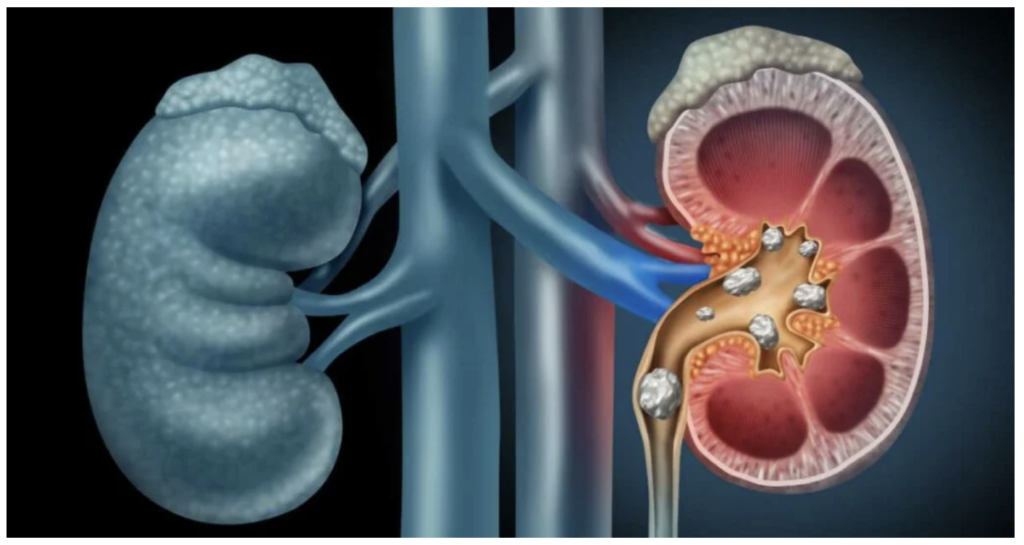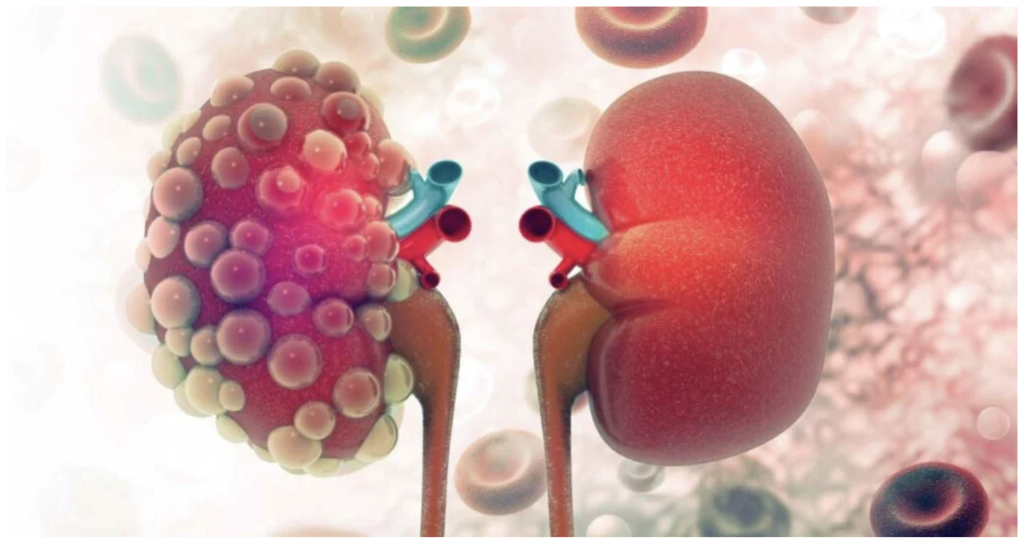The kidneys, two small, bean-shaped organs located on either side of your spine just below the ribcage, are essential to your body’s overall health. They perform the crucial task of filtering your blood, eliminating waste products and excess fluids, regulating blood pressure, producing red blood cells, and balancing key electrolytes like sodium, potassium, and calcium. Every day, healthy kidneys process about 120 to 150 quarts of blood, creating 1 to 2 quarts of urine.

What is Kidney Disease?
Kidney disease, also known as renal disease, arises when your kidneys are damaged and cannot function effectively. This condition can be triggered by various factors, including high blood pressure, diabetes, infections, autoimmune disorders, and genetic predispositions. Without timely treatment, kidney disease can progress to kidney failure, necessitating dialysis or a kidney transplant. Early detection is vital for managing kidney disease and preventing severe complications.

10 Warning Signs Your Kidneys May Be in Danger
Recognizing the early warning signs of kidney disease can be the key to prompt medical intervention and effective treatment. Here are ten signs that you should never ignore:
- Changes in Urination
- Increased Frequency: Frequent urination, especially at night, can be a sign of kidney trouble.
- Decreased Urination or Foamy Urine: Reduced urine output or frothy urine might indicate kidney dysfunction.
- Persistent Fatigue and Weakness
- Anemia: When the kidneys are impaired, they produce less of a hormone that stimulates red blood cell production, leading to anemia, characterized by chronic fatigue and difficulty concentrating.
- Swelling (Edema)
- Fluid Retention: Swelling in the legs, hands, face, and abdomen is a common sign of fluid buildup due to compromised kidney function.
- Persistent Back Pain
- Pain Below the Ribcage: Severe or persistent pain in this area, often accompanied by tenderness, could be related to untreated urinary tract infections affecting the kidneys.
- Unexplained Weight Loss or Loss of Appetite
- Waste Buildup: A decrease in appetite and significant weight loss can occur as waste products accumulate in the body due to impaired kidney function.
- Nausea and Vomiting
- Morning Nausea: Feeling nauseous and experiencing episodes of vomiting, especially in the morning or after eating, can be symptoms of kidney issues.
- Difficulty Sleeping
- Nighttime Discomfort: Problems sleeping, caused by muscle cramps, restless leg syndrome, or frequent urination, may indicate kidney problems.
- Metallic Taste in the Mouth
- Uremia: A persistent metallic taste in the mouth or ammonia breath can be caused by the buildup of waste products in the blood.
- Muscle Cramps and Twitching
- Electrolyte Imbalance: Kidney dysfunction can lead to imbalances in electrolytes, resulting in muscle cramps and twitching.
- Itchy Skin
- Toxin Accumulation: Chronic itching may be due to the accumulation of toxins in the bloodstream, a sign of impaired kidney function.
Taking Action: When to Seek Medical Help
These symptoms can vary based on the stage and severity of kidney disease. If you notice any of these warning signs, it’s crucial to consult a healthcare professional promptly. Early intervention can significantly improve the prognosis and outcome of kidney disease.
Preventing Kidney Disease: Tips for Healthy Kidneys
- Maintain a Healthy Diet: Focus on a balanced diet rich in fruits, vegetables, whole grains, and low in sodium.
- Stay Hydrated: Drink plenty of water to help your kidneys function efficiently.
- Monitor Blood Pressure and Blood Sugar Levels: Keep these parameters under control to reduce the risk of kidney damage.
- Exercise Regularly: Physical activity can help maintain a healthy weight and reduce the risk of kidney disease.
- Avoid Overuse of Medications: Limit the use of non-prescription drugs, especially NSAIDs, which can harm the kidneys if used excessively.
By staying vigilant and making healthy lifestyle choices, you can protect your kidneys and reduce the risk of kidney disease.
Kidney health is fundamental to your overall well-being. Understanding the early warning signs of kidney disease can lead to timely medical intervention, potentially saving you from severe complications. Don’t ignore the signals your body is sending you. Regular check-ups, a healthy lifestyle, and prompt medical attention to any warning signs can keep your kidneys functioning well for years to come.
By recognizing these critical warning signs and taking proactive steps, you can ensure the longevity and health of your kidneys. Stay informed, stay healthy, and never underestimate the importance of these vital organs.
